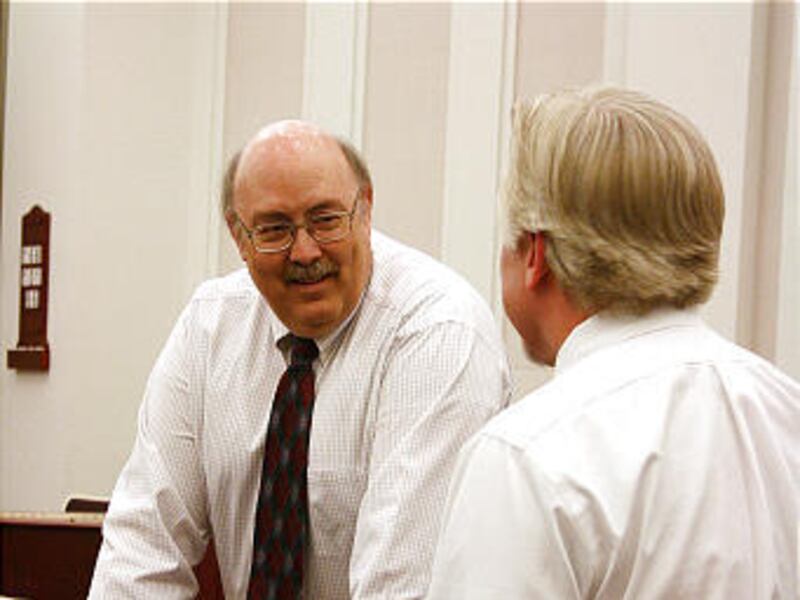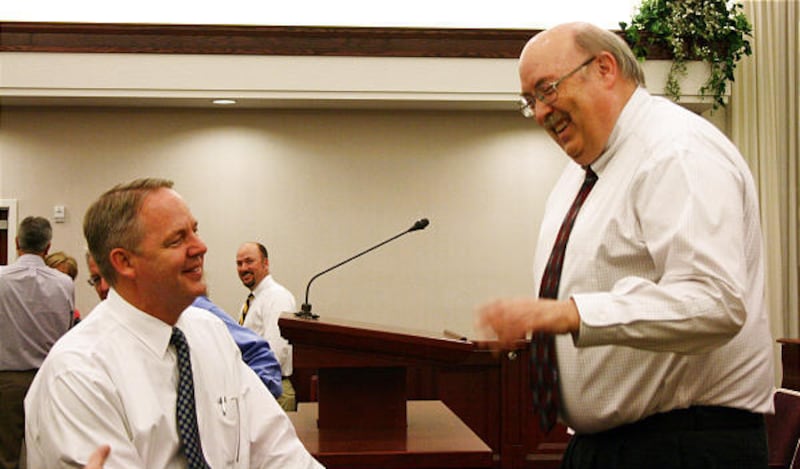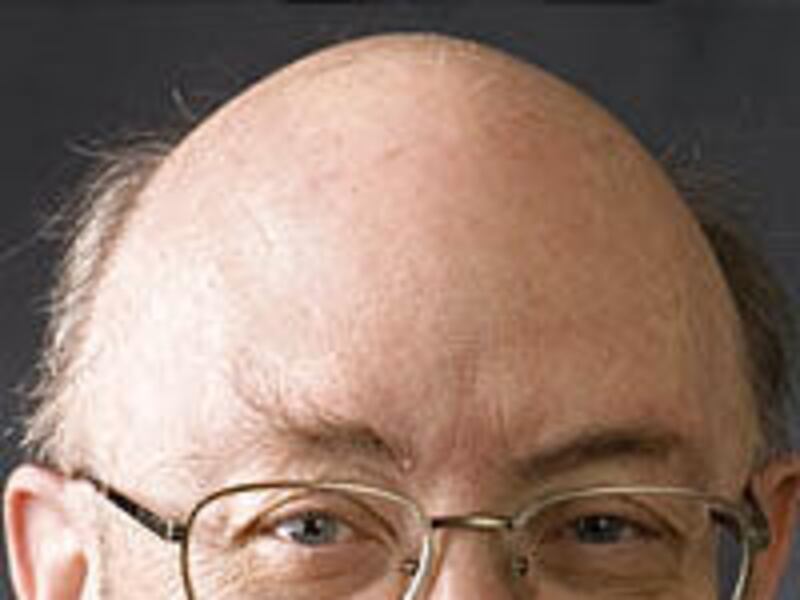MESA, Ariz. — Making a historical case for the literal resurrection of Jesus Christ, BYU professor Daniel C. Peterson spoke to a group gathered in the Mesa Arizona Hermosa Vista Stake of the LDS Church.
Peterson, who is a Brigham Young University professor of Islamic studies and Arabic, said few in the audience probably had ever questioned the reality of the resurrection of Christ, but many people in the world doubt it, and many simply don't accept it.
"It's a vastly important question to know the truth of," he said at the March 6 fireside.
"The books that tell the stories of Jesus are real history books," Peterson said, "These are not fairy tales or myths."
Reading from Bible translations other than the King James version to give listeners a "fresh" perspective, Peterson focused on three considerations of Christ's resurrection.
First, was the tomb really empty?
Peterson said New Testament accounts show that even those opposing the early Saints clearly believed the tomb was empty. Noting that the first witnesses were women, he believes that had the story been fabricated a storyteller would have not have based the first accounts on what women said when in first-century Palestine women weren't considered by law to be credible witnesses.
Second, many claimed to have seen the risen Lord and that it was a life-changing event in their lives.
Peterson noted that Paul is a perfect example of this — having gone from being a persecutor of the early church to a staunch defender of it after he saw the Lord as documented by his own personal account. "Paul went to his death for his testimony," Peterson said.
Third, Peterson discussed how anyone could explain the personal accounts and transformations of disciples after they saw the resurrected Christ other than believing that it really happened.
"How can you dismiss the resurrection appearance but explain what happened in any other way?" Peterson asked.
He said some critics say that the story of Christ's resurrection is simply a fairy tale that evolved over the years, but Peterson notes that many of the New Testament writers had meticulously documented details soon after they happened.
"We have very close links to eyewitness accounts," he said.
Peterson said his talk was based on notes that he is formulating into a two-part book on the "rationality of religious belief." The first book will argue that it is rational to believe in God based on evidence including divine design, creation and near-death experiences. In the second book he plans to lay out reasons to choose Christianity as the correct religious belief and the veracity of the restored gospel.
"I think I can make a plausible-enough case that it is rational to believe this," he said before the presentation.
"I can't give a witness of the Spirit, but a person has to get to the point to at least consider it and pray about it," Peterson said before the fireside. "Arguments don't convert anyone, but it's important to get them to ask a question."



